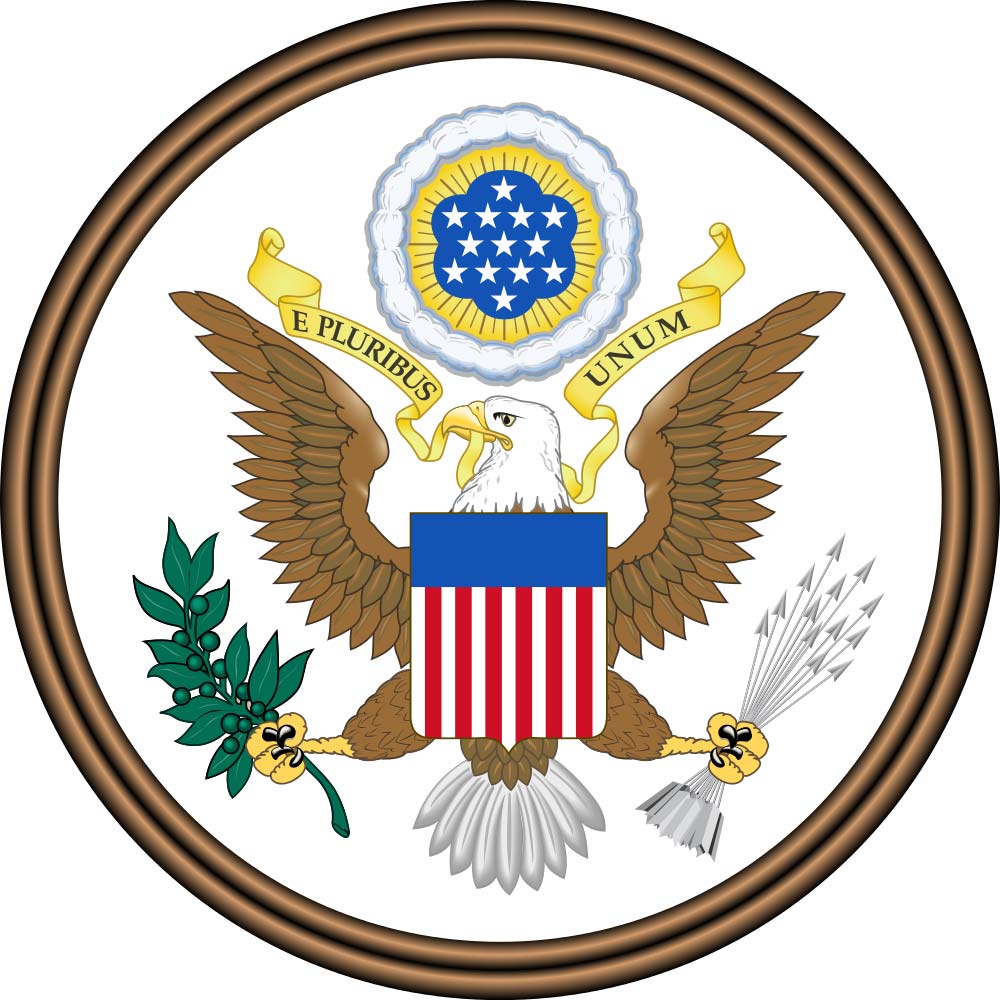 The Smith Act (Alien Registration Act of 1940) is a federal statute of the United States that imposes criminal penalties for those who advocate the overthrow of the government. This Act also required all adult residents that are “non-citizens” to register with the government of the United States. About 215 individuals were obliged to register, which included alleged Trotskyists, fascists, and communists. The prosecutions set under the Act continued, until series of U.S. Supreme Court decisions reversed the convictions because of the unconstitutional nature of these punishments. Moreover, the statute has been changed several times in the past.
The Smith Act (Alien Registration Act of 1940) is a federal statute of the United States that imposes criminal penalties for those who advocate the overthrow of the government. This Act also required all adult residents that are “non-citizens” to register with the government of the United States. About 215 individuals were obliged to register, which included alleged Trotskyists, fascists, and communists. The prosecutions set under the Act continued, until series of U.S. Supreme Court decisions reversed the convictions because of the unconstitutional nature of these punishments. Moreover, the statute has been changed several times in the past.
Overview of Alien Registration
The registrations started on August 27, 1940, with the newly-created “Alien Registration Division” aimed to register about three million people by December 26. Those who failed to register were subject to the penalties indicated in the Smith Act. The Division maintained the decision that registration would benefit all alien citizens because they would be protected from persecution.
Aliens were expected to submit the completed registration form at a post office, and they should be fingerprinted. The registration card would be sent by mail, and it would serve as their source of protection in case they come across unlawful issues with authorities. The details included are the individual’s race, relatives in the United States, employer’s address and name, application for citizenship, organization membership, and military service records (if applicable).
General Biddle was responsible for the Division, and it was led by Earl Harrison during the first six months. In the radio broadcast that was intended to reassure aliens, Biddle mentioned that Congress does not have plans of starting any program of persecution. The government encouraged all citizens to participate in the registration.
Process of Registering Alien Citizens
The U.S. government aimed to carry out the registration process in a friendly manner, which would prevent foreigners from being antagonized. After the country declared war in 1941, the federal authorities used the data they gathered from the alien registrations in identifying individuals of enemy nations, and about 2,900 of them would be taken into custody before the year ended. Moreover, there were additional set of requirements for these citizens of enemy nations, or the countries where the United States was at war. However, the government claimed that it had no connection to the Smith Act.
Issues Linked with the Smith Act
In June of 1941, the FBI agents came up with a campaign to put an end to labor militancy by raiding St. Paul and Minneapolis offices of the SWP or Socialist Workers Party. This union increased in number, and federal relief workers decided to lead a strike against the WPA. By mid-July, there was a grand jury that indicted 29 individuals, who were either members of the Local 544 or SWP. These people were accused of organizing plots to overthrow the government of the United States, as well as the Smith Act.
When some critics claimed that the government must adhere to the enunciated doctrine by Justice Holmes, Biddle stated that the Congress had considered the standard and international conditions when they have prepared the prescriptions of the Smith Act.
A small percentage of the defendants were acquitted on accounts due to lack of evidence. However, 18 of these defendants were proclaimed as guilty of non-compliance to the Smith Act because they distributed written materials that would cause insubordination in the country’s armed forces. The ACLu or American Civil Liberties Union and numerous critics were worried that the case was likely to create a dangerous consequence for the country.
In the early parts of 1942, U.S. President Roosevelt urged Biddle to prosecute all fascist sympathizers, as well as several anti-Semites. Biddle believed that the Smith Act of 1940 was rather inadequate, yet the U.S. Congress refused to revive the 1918 Sedition Act that Biddle proposed to renew.
In Washington D.C., several prominent individuals in the country were indicted and accused of violating the Smith Act. After numerous delays in the case, the number of charged individuals grew into 33 defendants. They were considered a heterogeneous group of people, and they held pro-fascist or isolationist views. However, there were other individuals who had liberal ideals that wanted to retry these cases in order to put an end to the spread of religious and racial intolerance in the country. As World War II ended, the attention was eventually turned to the failed ideologies of the Axis forces and the threats of communism.